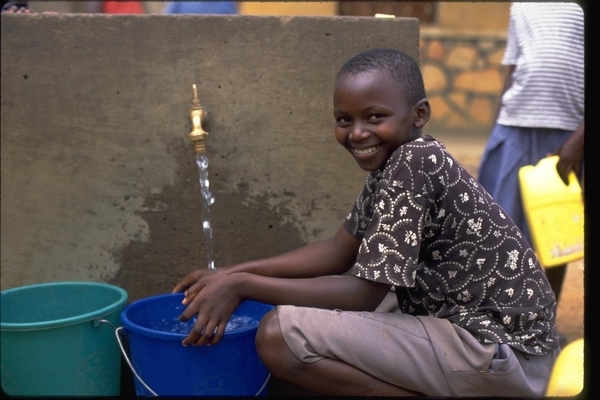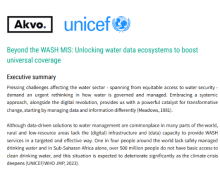Arabic Training package on Epidemiology, Preparedness and Response to Cholera Epidemics: Agenda

In the Middle East and North Africa (MENA) region, the incidence of cholera has been rising over the last few years. Some countries, such as Yemen and Sudan, have experienced large and frequent outbreaks in the past five years. Political instability, civil conflicts, and deteriorating economic situations have resulted in major displacement of civilians and the breakdown of critical social services in some countries of the region, making them at risk of cholera epidemics.
This situation highlights the urgent need to increase the capacity of our staff and partners to deal with this re-emerging disease in a more systematic and efficient way, in accordance with the recommendations of the Global Task Force for Cholera Control (GTFCC).
In 2020, the UNICEF MENA Regional Office has developed a 20-hour remote multisectoral training on epidemiology, preparedness, and response to cholera epidemic, both in English and Arabic languages, targeting Health, Water, Sanitation and Hygiene (WASH) and Social and Behaviour Change (SBC) professionals. Cholera epidemiology and assessment methods are at the intersection of the three sectors, bringing evidence to better define appropriate response and preparedness actions.
The training package balances knowledge transmission and practical experience sharing through workgroups and mixed facilitated and self-paced methods. The course was built around real-life scenarios inspired by the epidemiological data, public health responses, and difficulties from recent cholera epidemics in the region.
This is the agenda for the course and is available in Arabic




